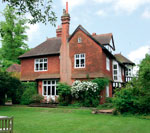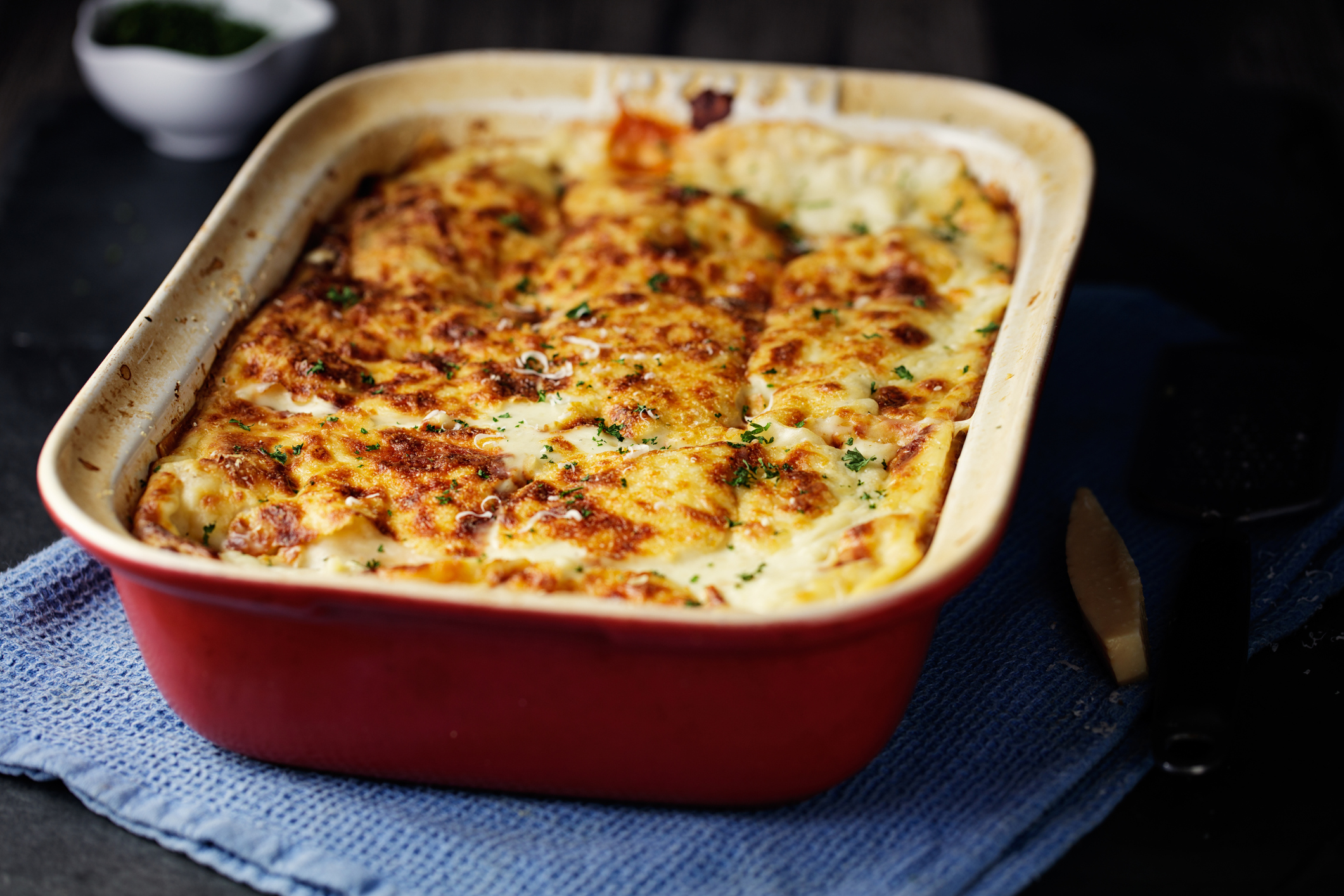Property in Cambridge
Despite the national downturn, the well-established marketplace of the university city is still going strong


Back in January, Cambridge was named ‘Britain’s most recession proof city’ in a survey of key UK economic hotspots. Now, following the meltdown in the financial and property markets, a straw poll of local estate agents suggests that despite a 50% drop in turnover in the city’s mainstream housing market, Cambridge at least continues to trade, unlike other cities nearby such as Northampton, where sales have almost ground to a halt.
Like other leading university cities, such as Bath, Oxford and Edinburgh, Cambridge has its own well-established internal marketplace whose prosperity is not totally reliant on the buoyancy of the national economy. As Chris Carey of Bidwells points out, academia is not the only magnet that attracts high achievers to the city leading hospitals such as Addenbrooke’s and Papworth are also a major draw, as are the University Research and Development Laboratories and the Cambridge Science Park, where leading research and technology firms continue to recruit, despite the financial crisis.
So, although incomers from London have become conspicuous by their absence in recent months, some canny local buyers are seizing the opportunity to move up the property ladder a notch or two, as city-centre prices become more accessible. With demand for Cambridge’s most prestigious properties always outstripping supply, Bidwells were not entirely surprised to see a new city record set in recent weeks with the sale of elegant, late-Victorian Willowbrook at 8, Chaucer Road, for close to its £3.5 million guide price. Exclusive Chaucer Road was laid out by the Pemberton family in the 1880s, and was soon lined with grand family houses built for college dons and other distinguished professionals.
The gardens at Willowbrook, which was built in 1888 for the Rev Alfred Hans Cook, a fellow, dean and lecturer at King’s College, are thought to have been laid out in the 1920s and 1930s by the head gardener of the nearby University Botanical Gardens. Even more remarkable, perhaps, was the sale through Bidwells, for more than its £1.2m guide price, of 5, Wilberforce Road a five-bedroom 1930s house with half an acre of gardens backing onto a bird sanctuary and overlooking college playing fields in the west of the city. It sold within a week of its launch on September 15, the so-called Melt-down Monday.
Similarly, Savills recently secured the sale, at £1.575m, of 16, Cavendish Avenue a large Victorian town house just south of the historic city centre and within walking distance of both Addenbrooke’s and Cambridge mainline station within a couple of weeks of its launch onto the market. Apartments in the city have been the worst affected by the general downturn, says Stuart Harris of Carter Jonas (01223 346612), but, here again, location is crucial: a flat in trendy Beaufort Place, a riverside development built in 1986, recently sold for £445,000 against a guide of £425,000.
The villages around Cambridge have also suffered, Mr Harris reveals, although he’s confident that the current strength at the upper end of the market will favour the recent launch onto the market of the impressive Kirby Lodge in Little Shelford at £1.795m, a partially renovated, six/seven bedroom Victorian house in this traditionally popular village. With most vendors choosing to sit tight and ride out the storm, agents are hoping that the shortage of supply will keep the price of houses in Cambridge itself from dropping much lower.
Certainly, there is an air of reality about the current prices quoted for family homes. They include 27, St Barnabas Road, a modernised, Victorian, four-bedroom town house within half a mile of the railway station, for which Redmayne Arnold and Harris (01223 323130) want ‘offers around £895,000’; the refurbished 175, Hills Road, to the south of the city centre, an imposing six-bedroom Victorian house built in 1890 for Robert Morley, Cambridge’s last pawnbroker, for which Bid-wells (01223 841842) quote a guide price of £1.25m; and leafy Orchard House at 101a, Queen Ediths Way, also in the south of the city, a luxurious four-bedroom house built on the site of a former orchard, for which Savills (01223 347147) quote a guide price of £1.7m.
Sign up for the Country Life Newsletter
Exquisite houses, the beauty of Nature, and how to get the most from your life, straight to your inbox.
Country Life is unlike any other magazine: the only glossy weekly on the newsstand and the only magazine that has been guest-edited by HRH The King not once, but twice. It is a celebration of modern rural life and all its diverse joys and pleasures — that was first published in Queen Victoria's Diamond Jubilee year. Our eclectic mixture of witty and informative content — from the most up-to-date property news and commentary and a coveted glimpse inside some of the UK's best houses and gardens, to gardening, the arts and interior design, written by experts in their field — still cannot be found in print or online, anywhere else.
-
 'Monolithic, multi-layered and quite, quite magnificent. This was love at first bite': Tom Parker Bowles on his lifelong love affair with lasagne
'Monolithic, multi-layered and quite, quite magnificent. This was love at first bite': Tom Parker Bowles on his lifelong love affair with lasagneAn upwardly mobile spaghetti Bolognese, lasagne al forno, with oozing béchamel and layered meaty magnificence, is a bona fide comfort classic, declares Tom Parker Bowles.
By Tom Parker Bowles
-
 Country houses, cream teas and Baywatch: Country Life Quiz of the Day, April 24, 2025
Country houses, cream teas and Baywatch: Country Life Quiz of the Day, April 24, 2025Thursday's Quiz of the Day asks exactly how popular Baywatch became.
By Toby Keel